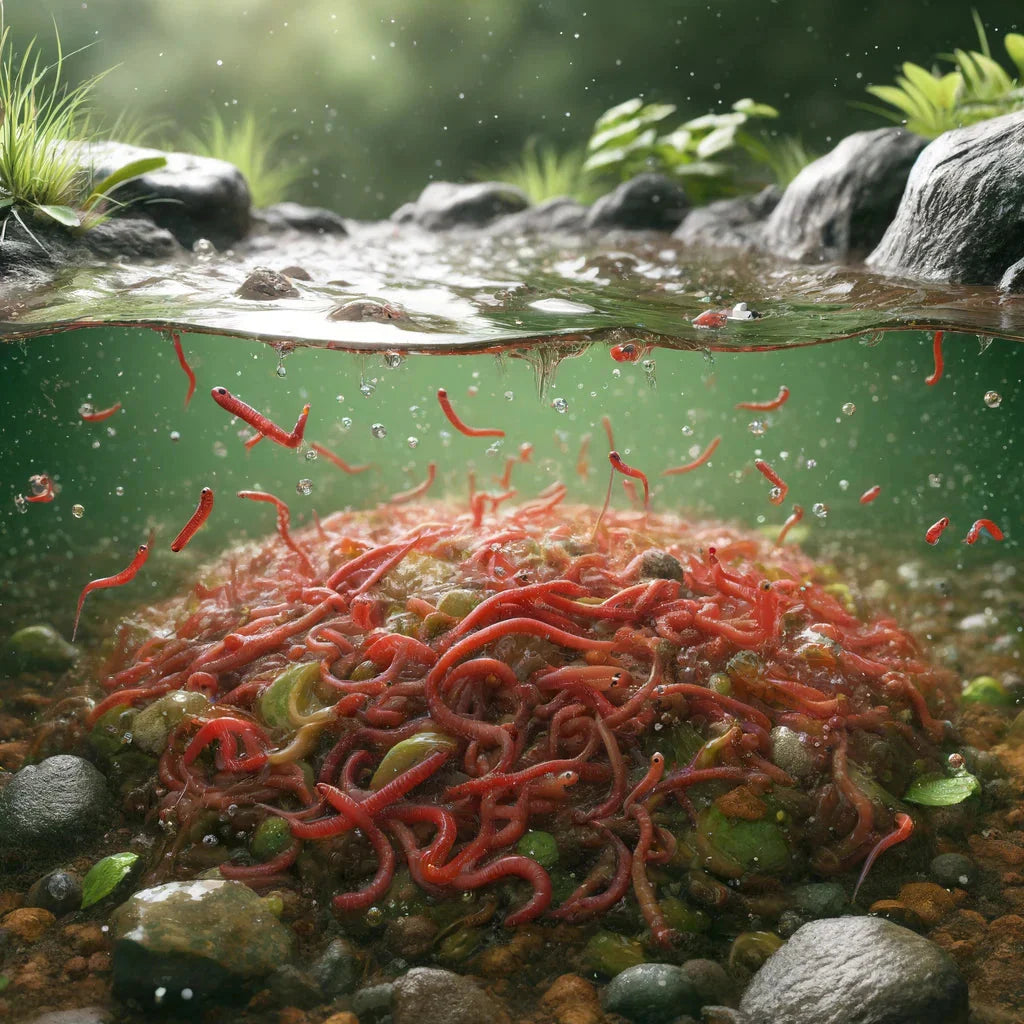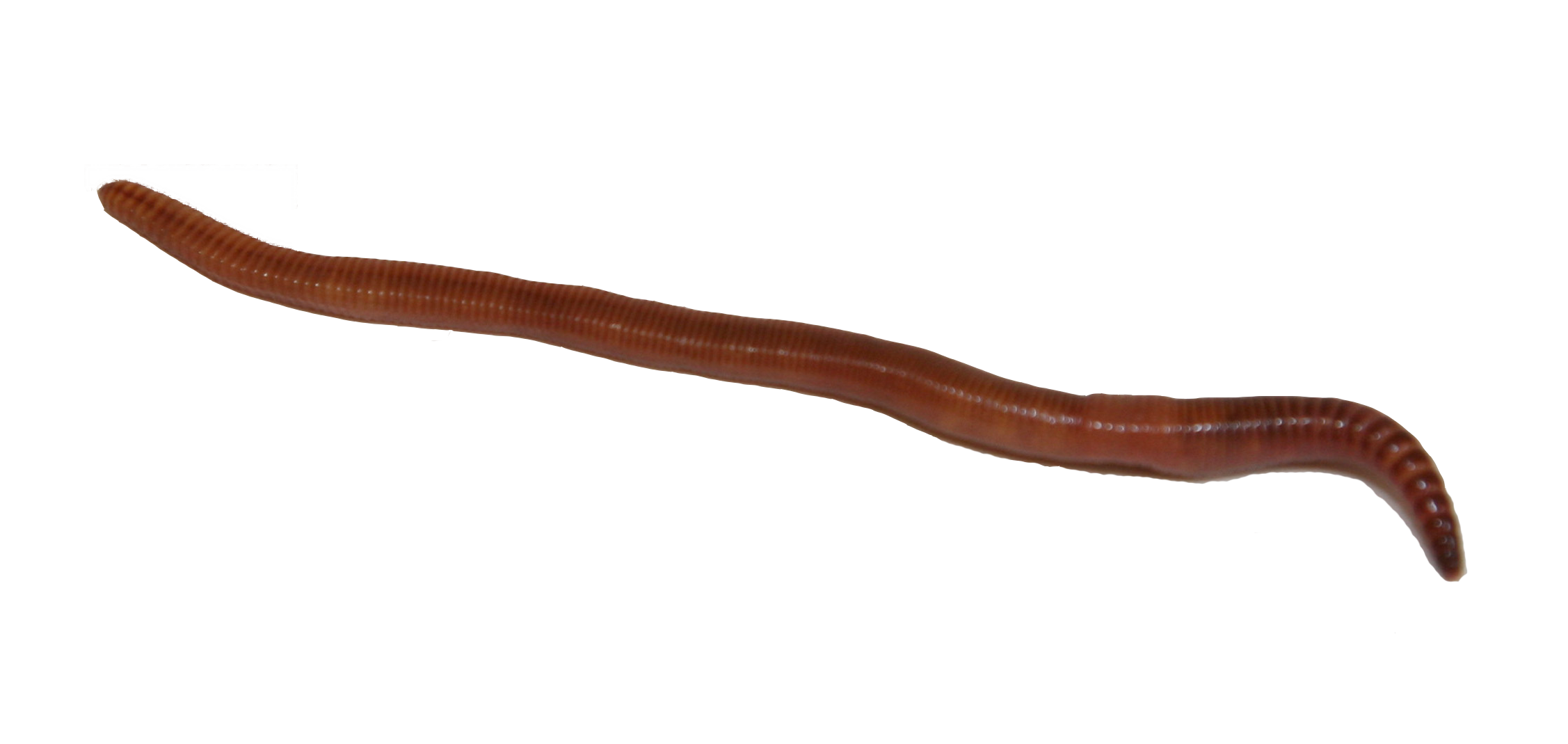Red wigglers: For sustainable composting
Red wigglers: For sustainable composting
Blog Article
Red Wigglers: The Secret to Eco-Friendly Composting
Red wigglers, medically understood as Eisenia fetida, play a critical role in lasting composting practices, offering an all-natural solution to throw away monitoring. red wigglers. These worms not only take in organic materials but likewise change them right into important vermicompost, enhancing soil health and promoting ecological equilibrium.
What Are Red Wigglers?
Although numerous people recognize with earthworms, red wigglers (Eisenia fetida) are a details types that play an important duty in composting. Native to Europe, they have actually adjusted well to a range of atmospheres, specifically in decaying raw material. Unlike usual garden worms, red wigglers thrive in abundant, damp settings, making them ideal for composting systems.
(red wigglers for composting)These worms are identified by their reddish-brown pigmentation and extended bodies, generally measuring in between 3 to 4 inches in length. Red wigglers are epigeic worms, indicating they stay near the soil surface and prey on rotting organic product. Their high reproductive rate allows populations to expand quickly under ideal conditions, with the capability to increase in number every few months.
Red wigglers possess a distinct digestive system that enables them to damage down organic waste efficiently. Their lasting nature makes red wigglers a valuable possession in green composting practices.
Advantages of Using Red Wigglers
Making use of red wigglers in composting systems uses many benefits that boost both the effectiveness of waste disintegration and the quality of the resulting compost. These earthworms, scientifically called Eisenia fetida, are renowned for their exceptional capacity to eat organic waste, converting it into nutrient-rich vermicompost at an outstanding rate. Their fast food digestion process increases the breakdown of kitchen scraps and backyard waste, substantially decreasing the time required for composting.
Along with their performance, red wigglers add to improved dirt framework and fertility. The vermicast created by red wigglers is rich in crucial nutrients, beneficial microorganisms, and humic acids, all of which improve dirt health and advertise plant development. This nutrient-dense compost helps preserve wetness and enhances aeration in the soil, promoting a growing environment for plants.
Furthermore, utilizing red wigglers for composting lowers land fill waste, contributing to a much more sustainable waste administration system. By diverting natural products from landfills, composting with red wigglers reduces greenhouse gas exhausts, making it an environmentally friendly choice for ecologically mindful people and areas. On the whole, red wigglers offer an effective and lasting option for composting.
Setting Up Your Worm Container
Developing a worm container is a straightforward procedure that needs careful consideration of products and problems to make sure a flourishing atmosphere for red wigglers. Begin by picking an ideal container, which can be a plastic container or wooden box, with a capability of at the very least 10 gallons for efficient composting. Make sure the container check over here has ample air flow by drilling small holes in the cover and sides to permit air flow.
Next, prepare the bed linens, which is critical for preserving dampness and supplying an environment for the worms. Ideal products consist of shredded newspaper, cardboard, coconut coir, or peat moss. Go for a bedding depth of around 4-6 inches, guaranteeing it perspires however not excessively wet.
It's crucial to preserve the right temperature for your worm bin, ideally between 55 ° F and 77 ° F(13 ° C and 25 ° C) Position the bin in a shaded location to prevent getting too hot. In addition, keep the bin away from direct sunshine and extreme weather problems to protect the worms.
Feeding Your Red Wigglers
Feeding your red wigglers is an important facet of effective worm composting, as it directly influences their health and wellness and the effectiveness of your composting system - red wigglers. Red wigglers flourish on a healthy diet being composed mainly of organic waste materials.
(red wiggler compost bin)Start with little amounts to permit the worms to consume the material fully before adding extra. Display the food disintegration process and change the amount based on exactly how swiftly the worms are refining the waste.

Maintaining Your Worm Compost System
A properly maintained worm compost system is essential for making best use of the effectiveness and long life of your composting efforts. Regular monitoring of dampness degrees is crucial, as red wigglers prosper in a wet atmosphere, preferably around 70% humidity. If the bed linens becomes also dry, lightly mist it with water; conversely, if it ends up being extremely wet, include dry bedding such as shredded newspaper or cardboard to absorb excess wetness.
Temperature control is additionally crucial. Ensure your compost system is kept in a shaded, ventilated area to prevent getting too hot.
Keep an eye on the worm population and their activity; a flourishing populace indicates a well-balanced environment. By adhering to these upkeep methods, you can make certain an efficient and sustainable worm composting system that effectively recycles organic waste.

Final Thought
In conclusion, red wigglers play a crucial role in eco-friendly composting by properly converting natural waste right into valuable vermicompost. Accepting the usage of red wigglers represents a sensible approach to enhancing environmental sustainability and cultivating healthier environments.
Report this page